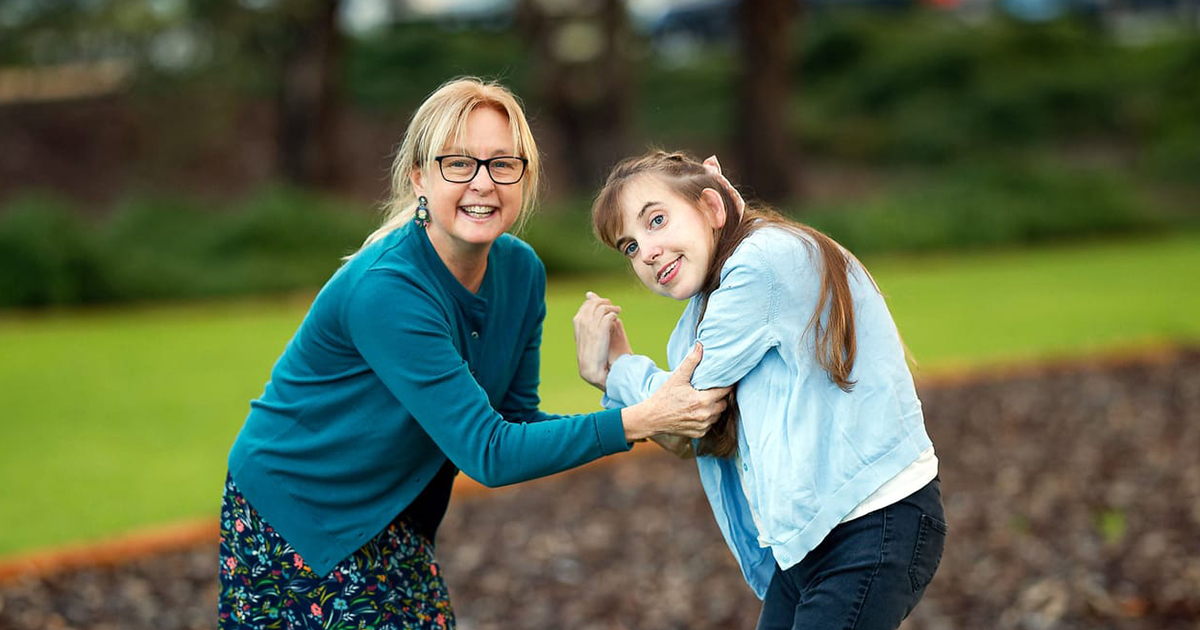Search
Research
Botulinum toxin and surgical intervention in children and adolescents with cerebral palsy: who, when and why do we treat?This audit aimed to increase understanding of the long-term outcomes of evidence-based medical and surgical interventions to improve gross motor function in children and adolescents with Cerebral Palsy.
Research
Discovery of 42 genome-wide significant loci associated with dyslexiaReading and writing are crucial life skills but roughly one in ten children are affected by dyslexia, which can persist into adulthood. Family studies of dyslexia suggest heritability up to 70%, yet few convincing genetic markers have been found.
Research
Participation predictors for leisure-time physical activity intervention in children with cerebral palsyTo determine the predictors of magnitude of change in response to a participation-focused leisure-time physical activity intervention in children with cerebral palsy (CP) using the ParticiPAte CP protocol.

News & Events
Driving change for children with disabilityToday marks International Day of People with Disability (IDPwD), a United Nations initiative that encourages communities around the world to deepen their awareness, understanding and acceptance of people with disability.
Research
CDKL5 deficiency disorder: clinical features, diagnosis, and managementCDKL5 deficiency disorder (CDD) was first identified as a cause of human disease in 2004. Although initially considered a variant of Rett syndrome, CDD is now recognised as an independent disorder and classified as a developmental epileptic encephalopathy.
Research
"Capturing the magic": identifying the active ingredients of a physical activity participation intervention for children and youth with disabilitiesThis study aimed to define the active ingredients of a participation-focused physical activity intervention for children and youth with disabilities.
Research
Childhood Systemic Lupus Erythematosus: Presentation, management and long-term outcomes in an Australian cohortSystemic Lupus Erythematosus (SLE) is a serious autoimmune disease often resulting in major end-organ damage and increased mortality. Currently, no data exists focussing on the presentation, long-term management and progression of SLE in the Australian paediatric population.
Research
A longitudinal examination of perinatal testosterone, estradiol and vitamin D as predictors of handedness outcomes in childhood and adolescenceThe developmental origins of handedness remain elusive, though very early emergence suggests individual differences manifesting in utero could play an important role. Prenatal testosterone and Vitamin D exposure are considered, yet findings and interpretations remain equivocal.
Research
Pain coping tools for children and young adults with a neurodevelopmental disability: A systematic review of measurement propertiesTo systematically identify and evaluate the measurement properties of patient-reported outcome measures (PROMs) and observer-reported outcome measures (parent proxy report) of pain coping tools that have been used with children and young adults (aged 0–24 years) with a neurodevelopmental disability.
Research
A brief history of MECP2 duplication syndrome: 20-years of clinical understandingMECP2 duplication syndrome (MDS) is a rare, X-linked, neurodevelopmental disorder caused by a duplication of the methyl-CpG-binding protein 2 (MECP2) gene-a gene in which loss-of-function mutations lead to Rett syndrome (RTT). MDS has an estimated live birth prevalence in males of 1/150,000.
